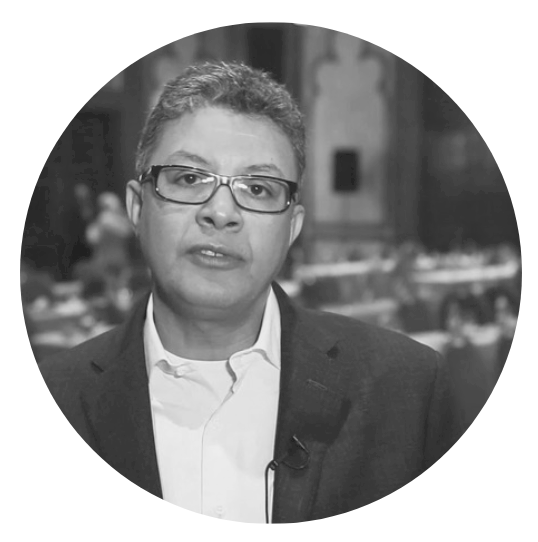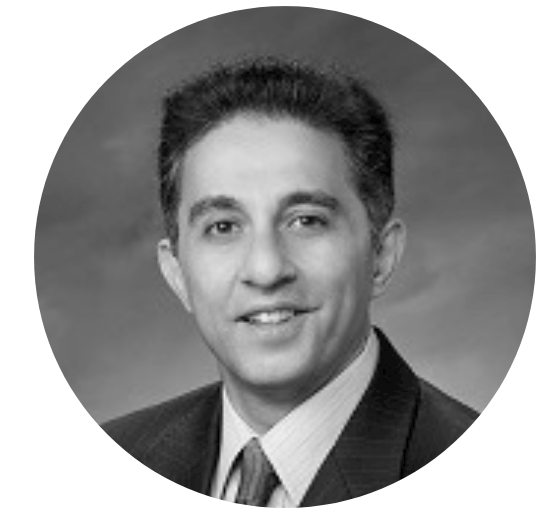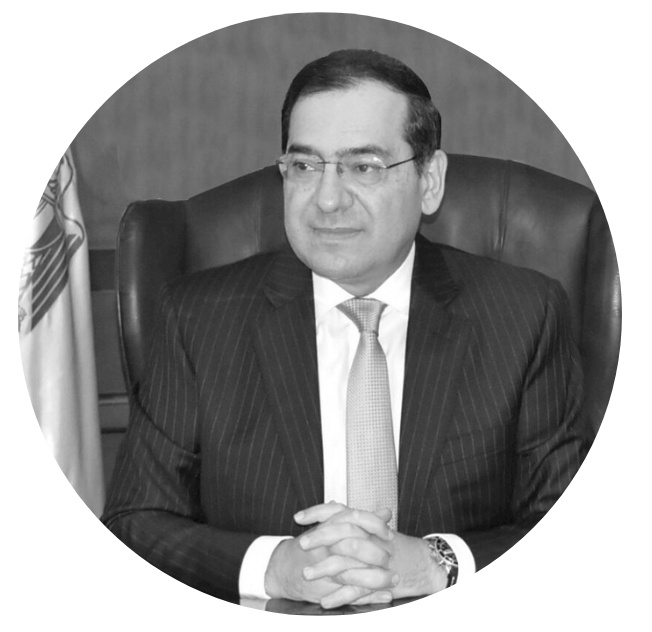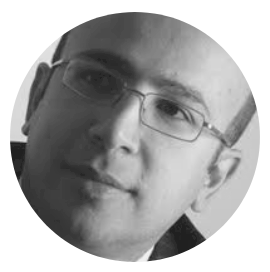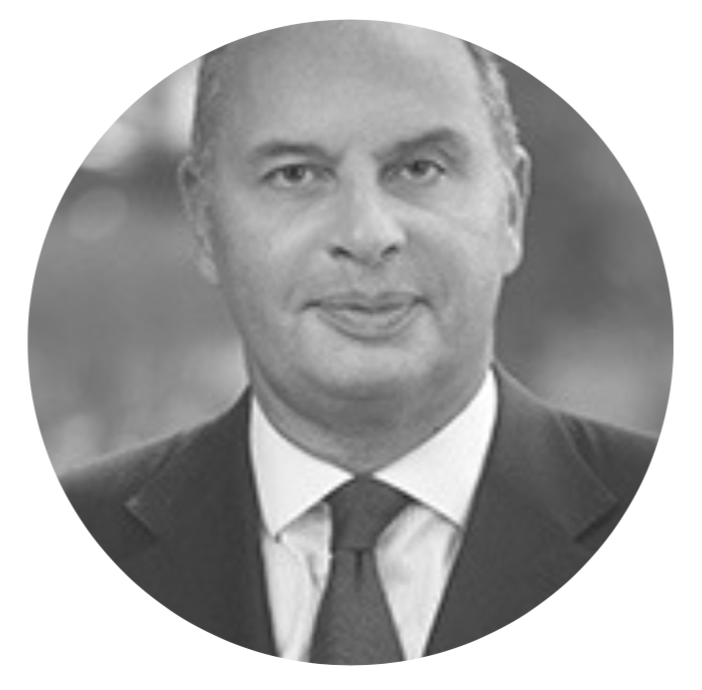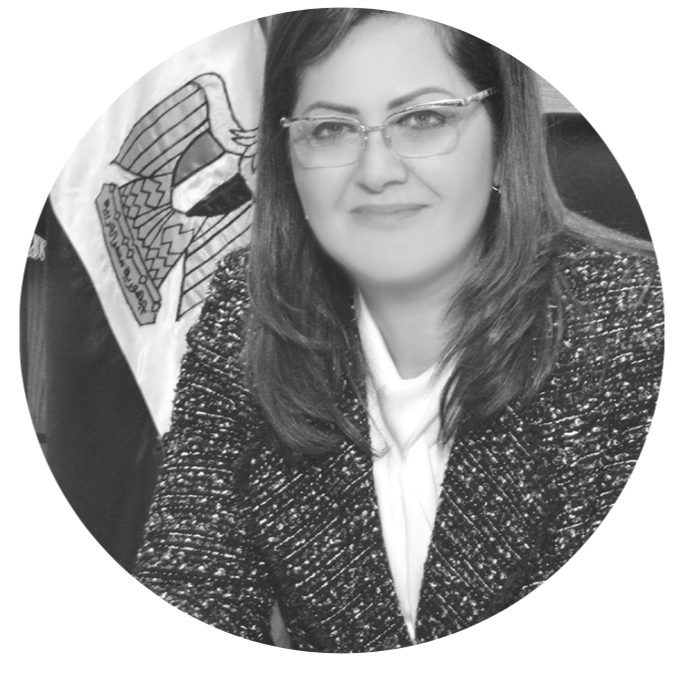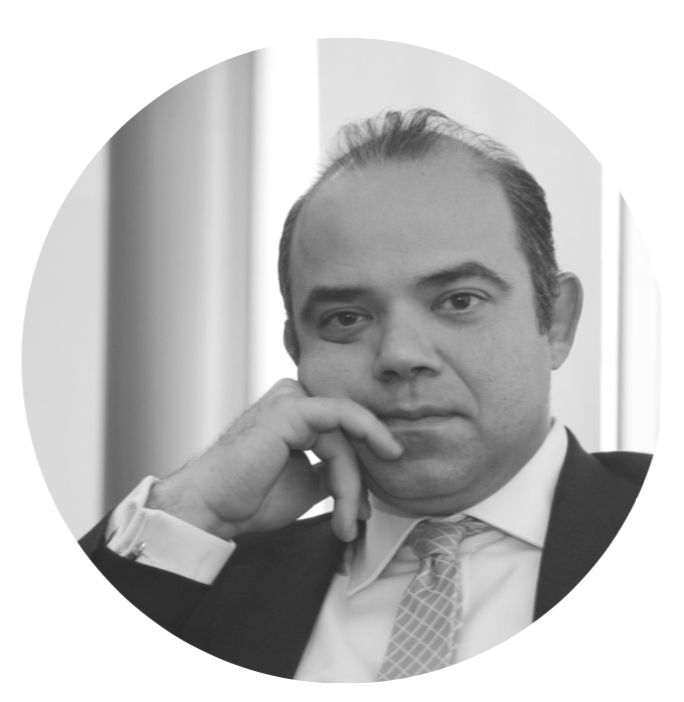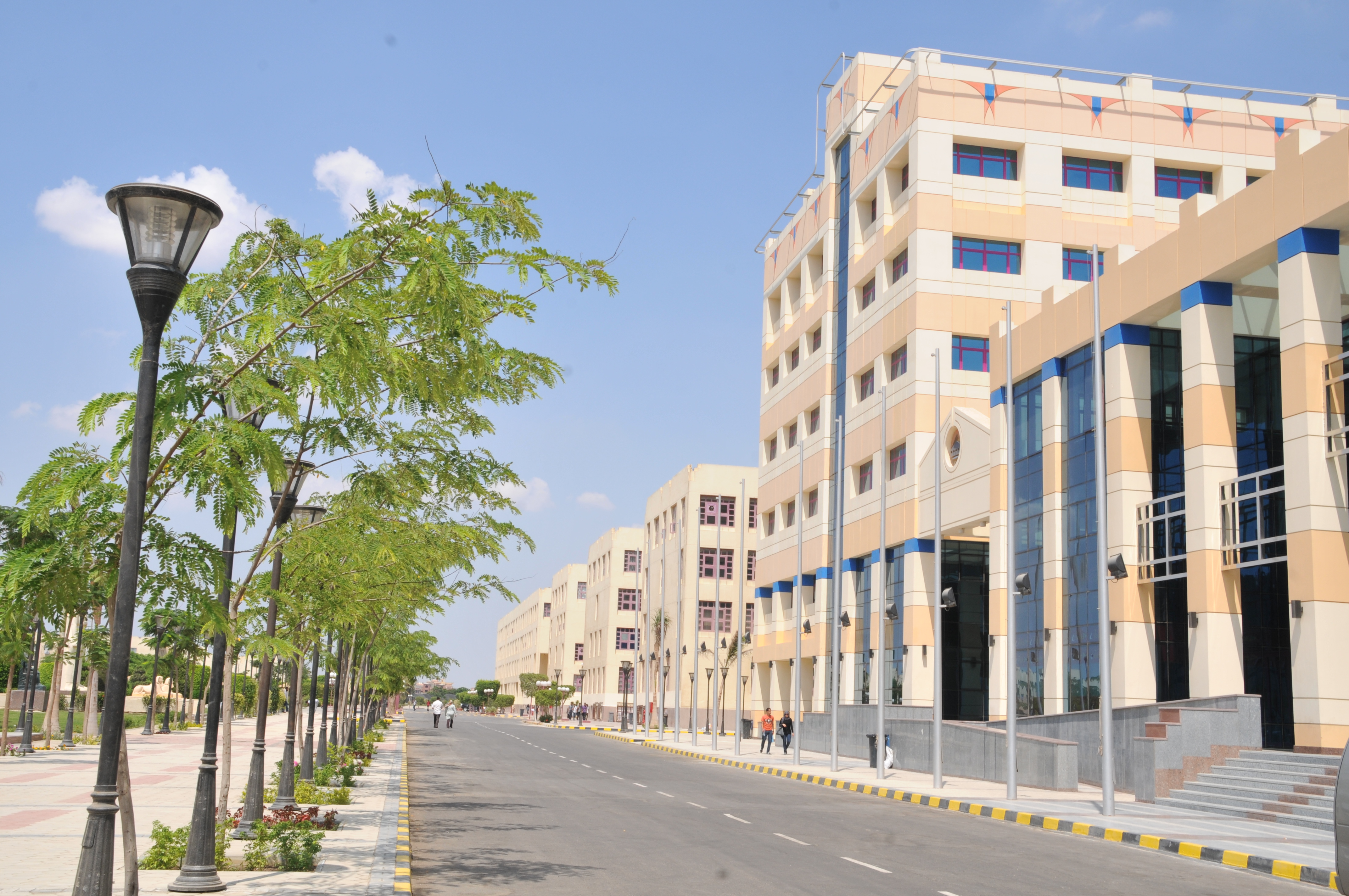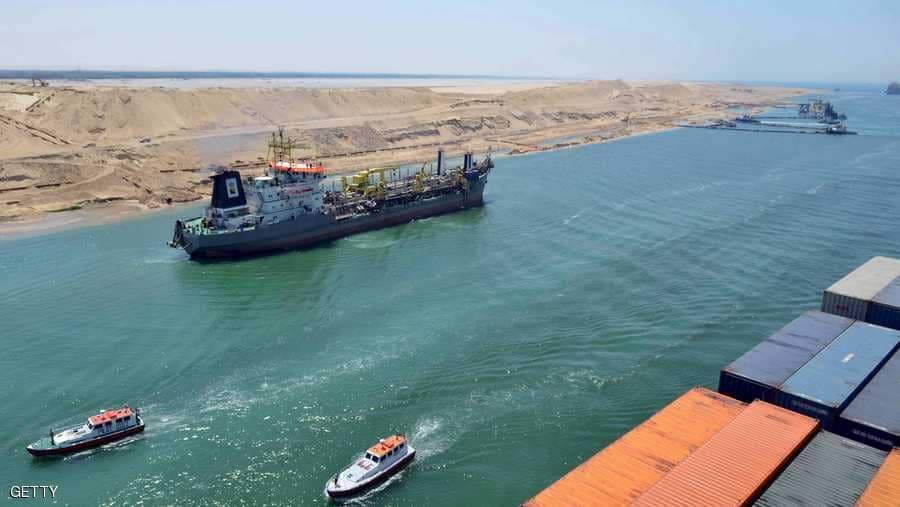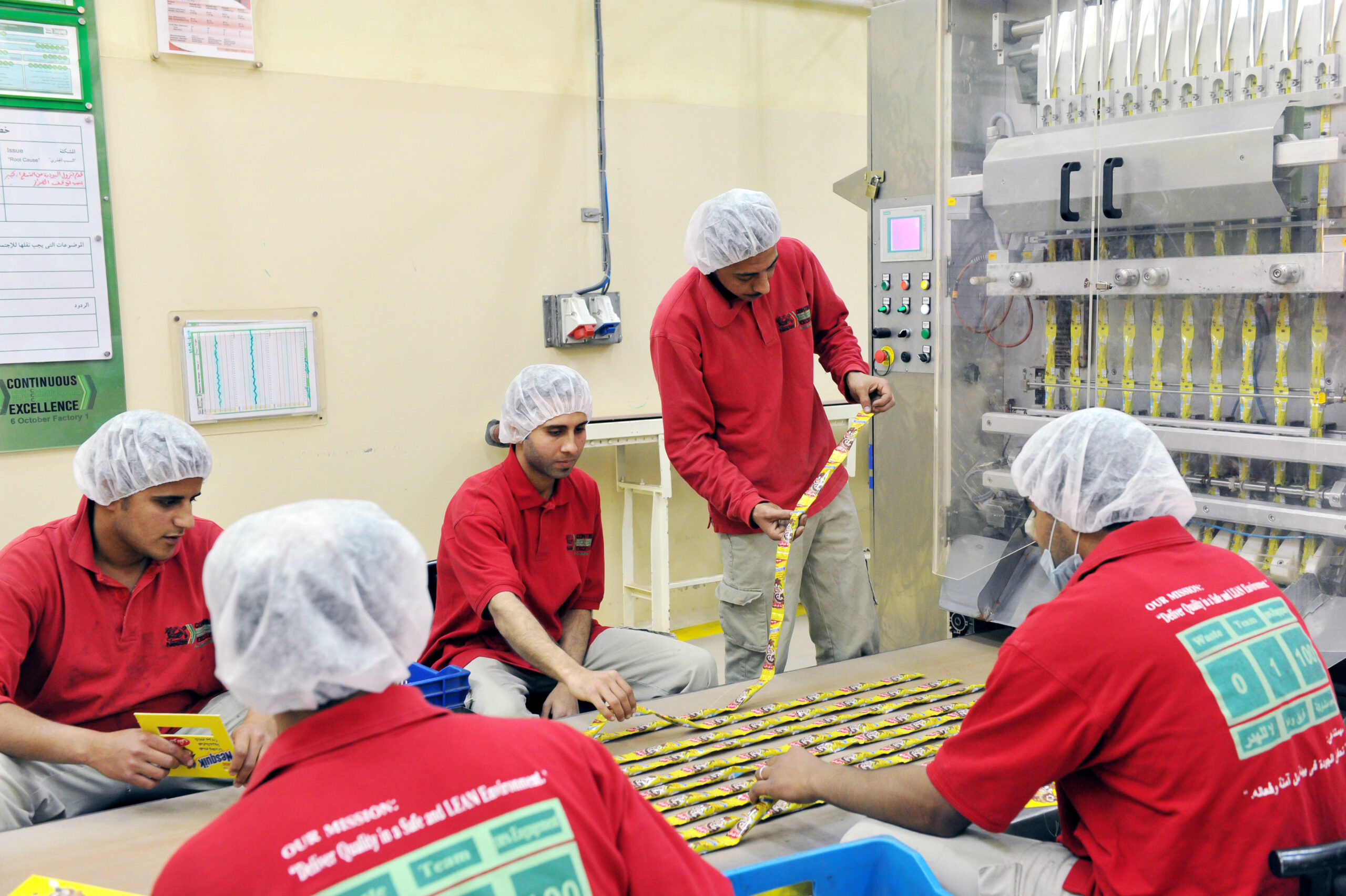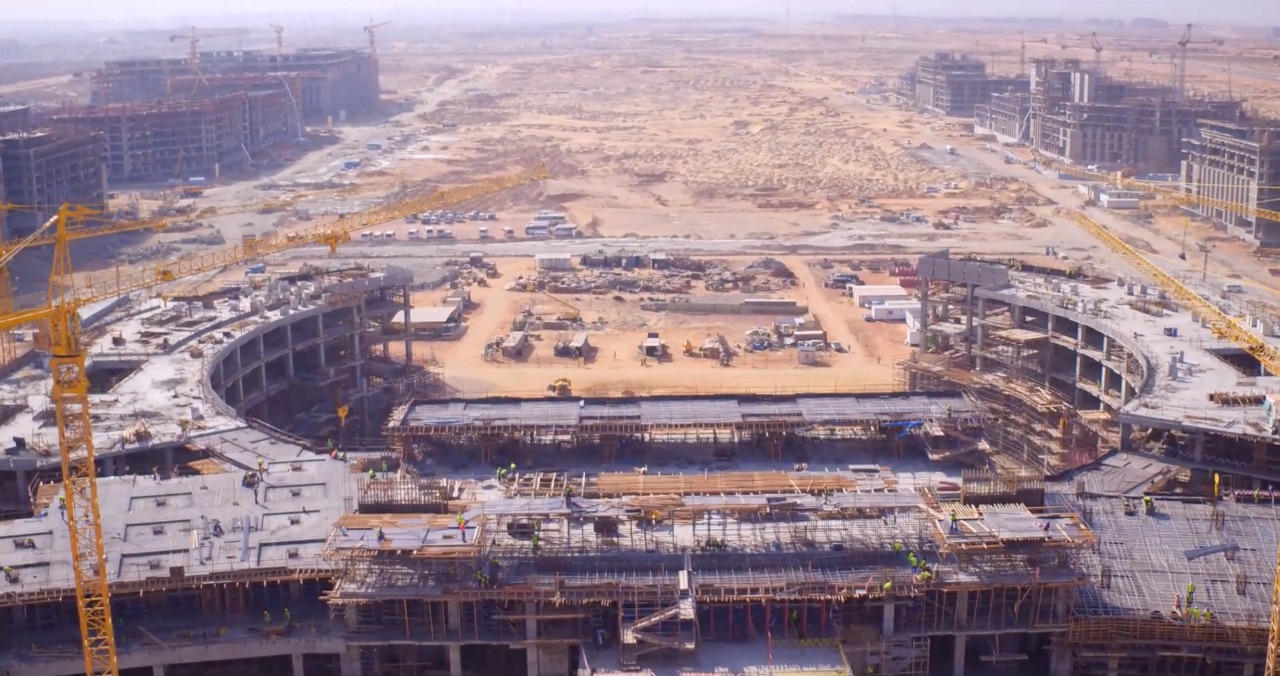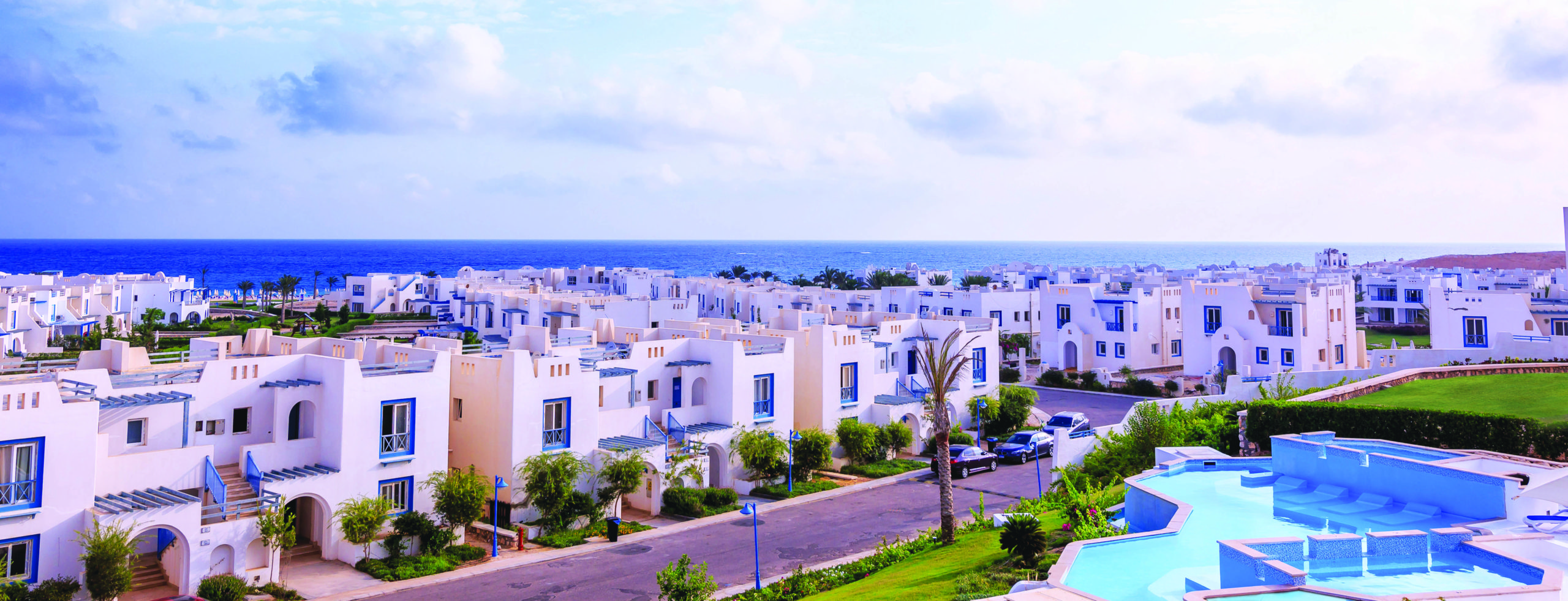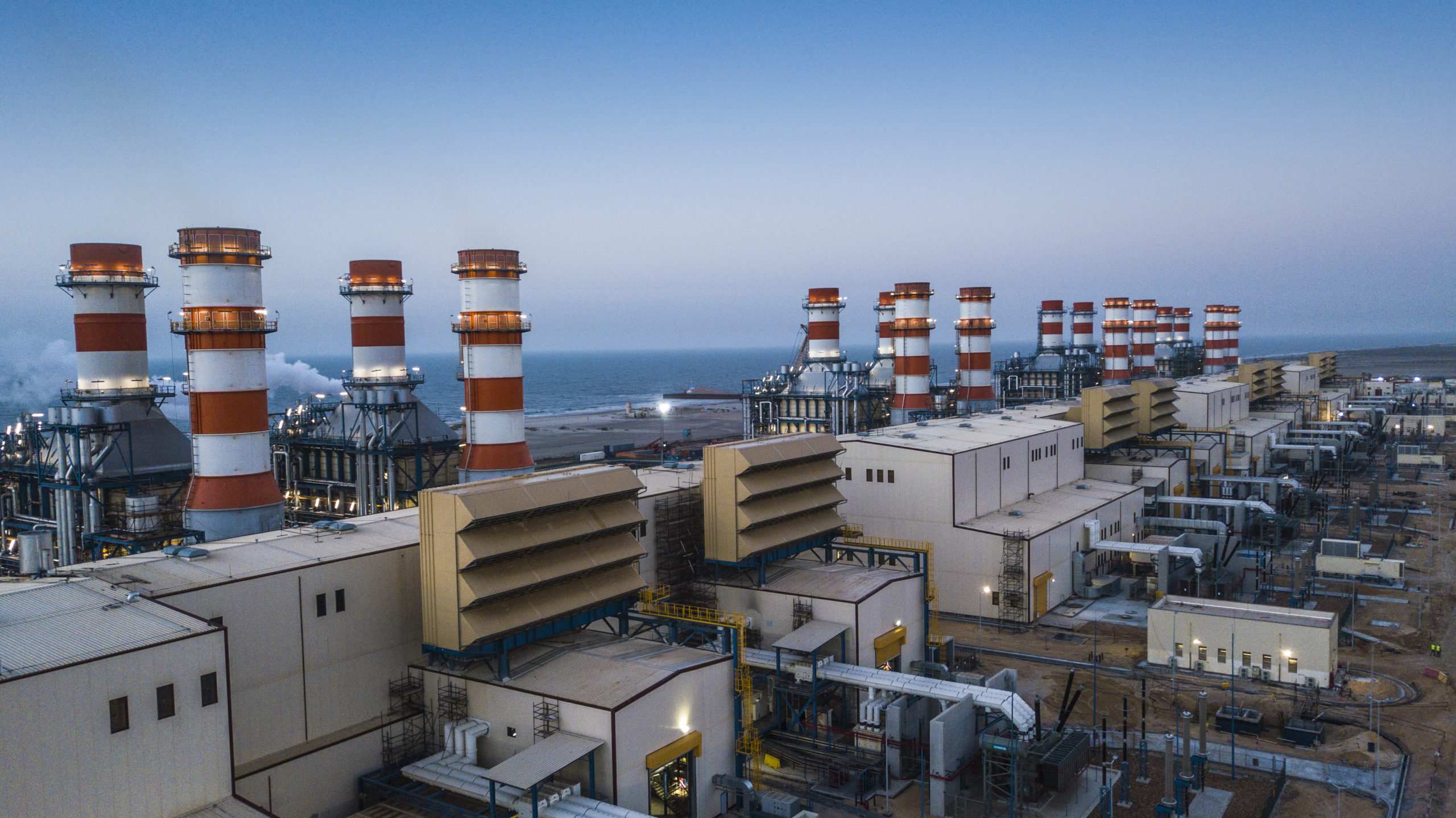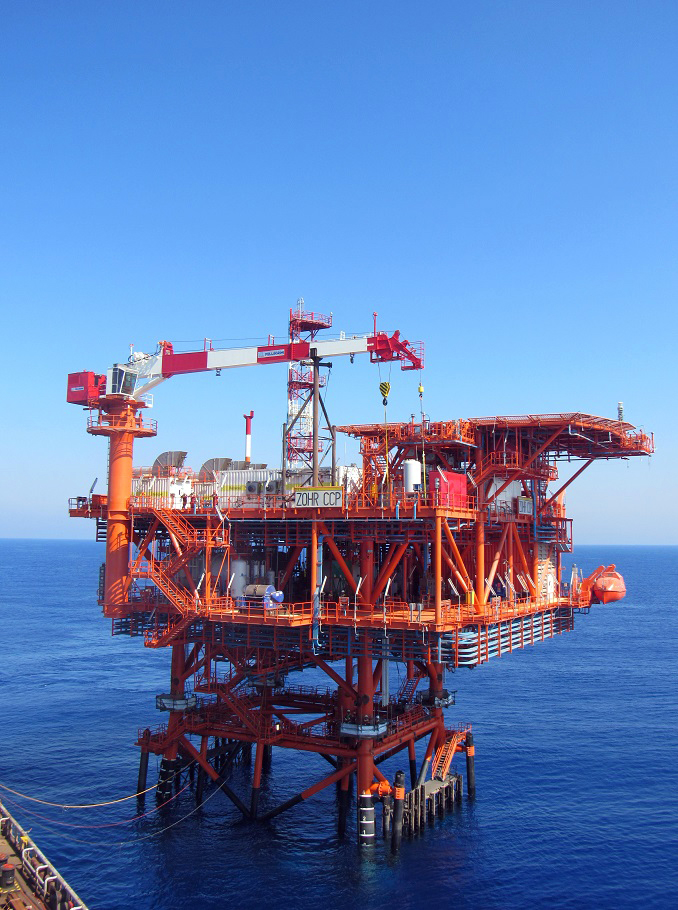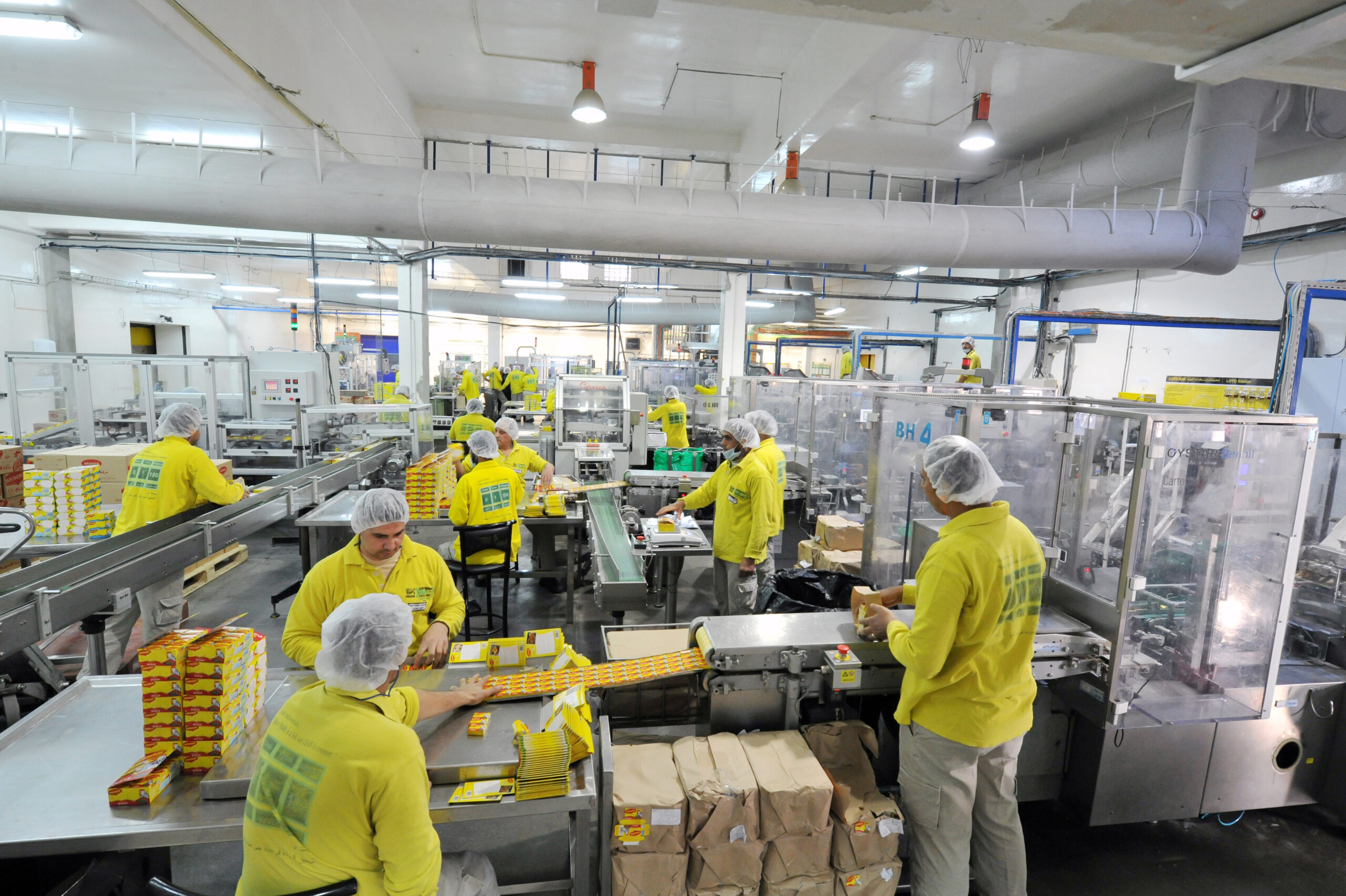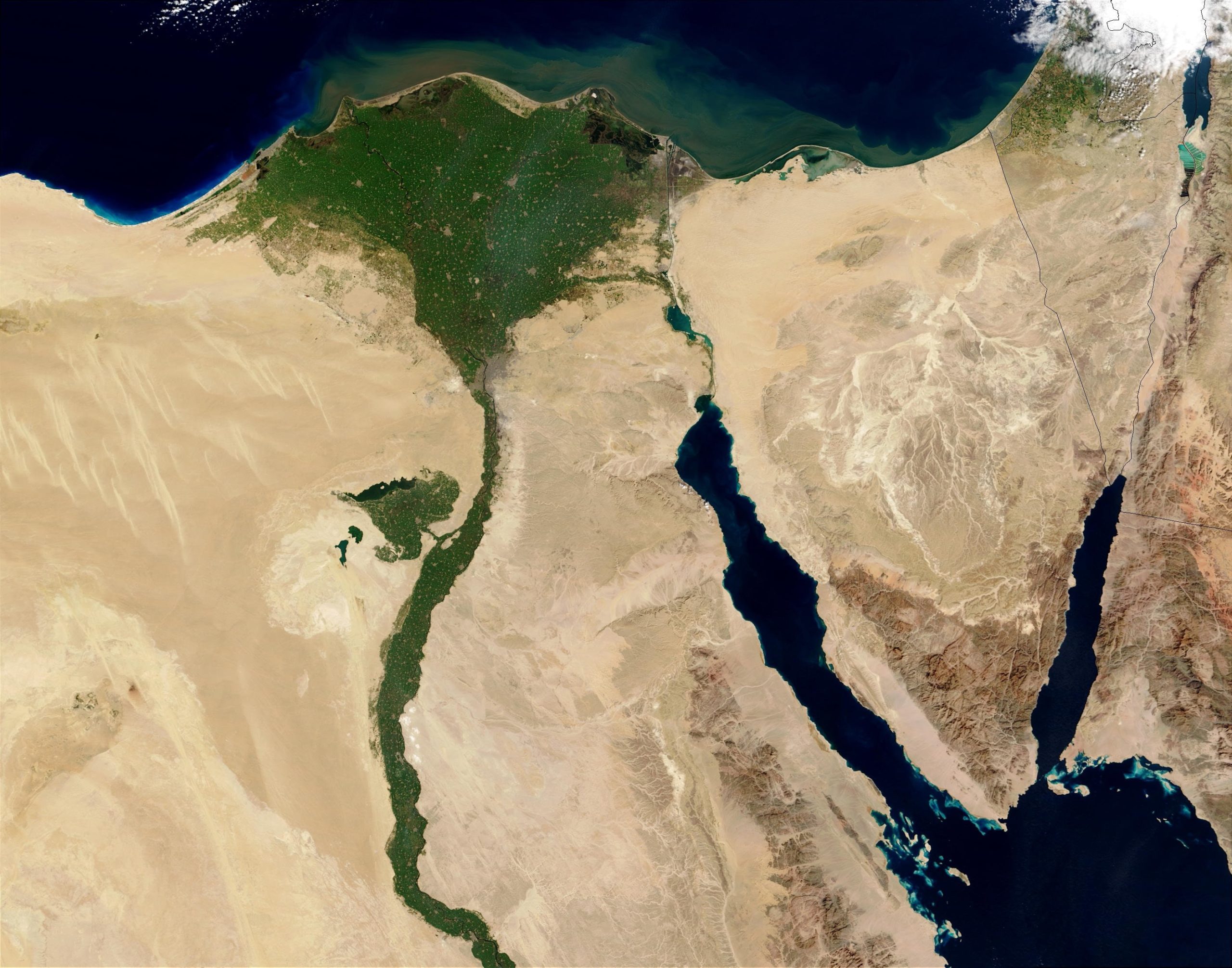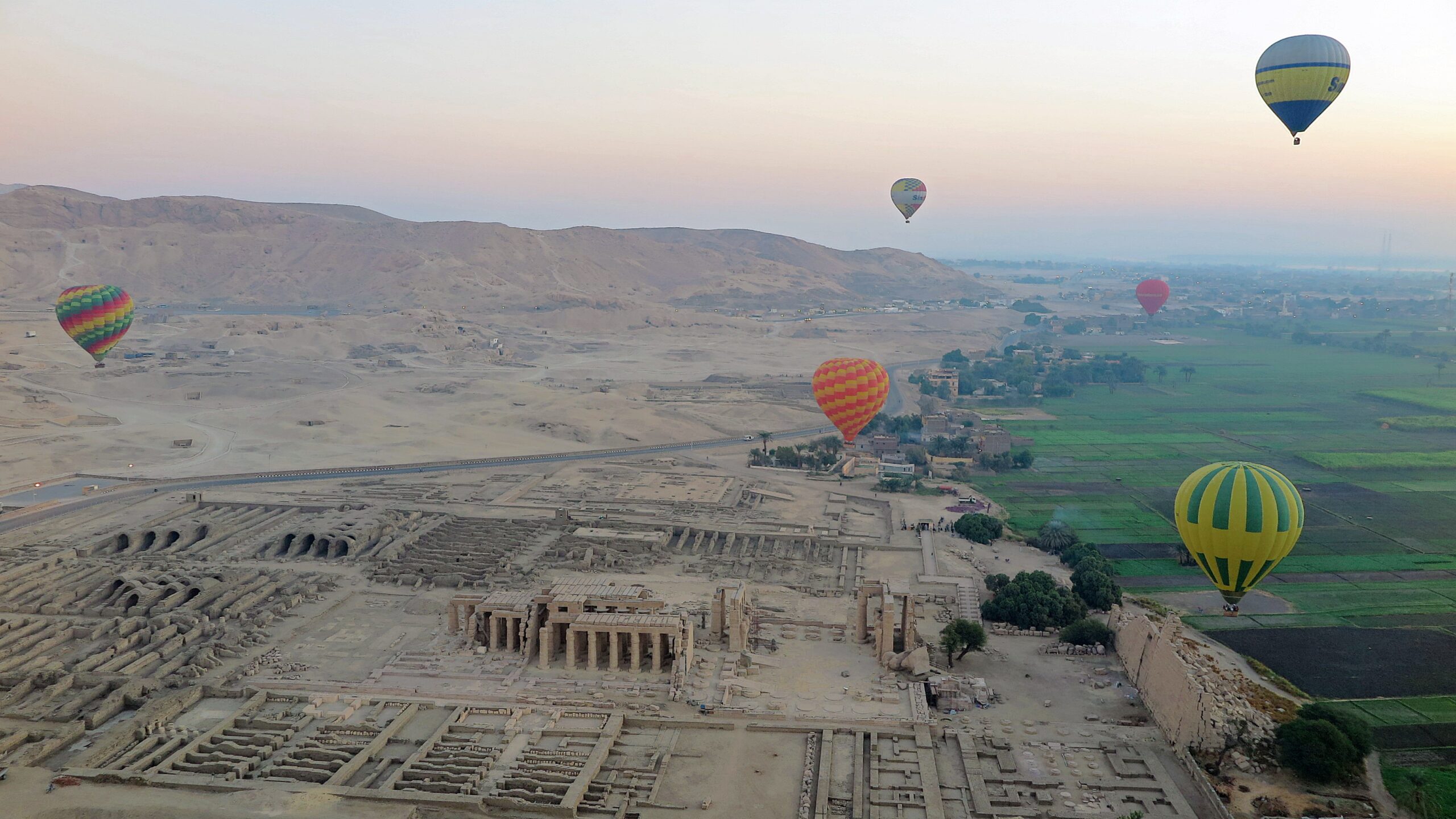How is the post-recession recovery affecting the retail sector?

Looking back seven or eight years we can see the general EU recession affected smaller countries in the Baltics quite heavily. The retail sector experienced a drop of 20-30%, which was a big hit. In the recovery process, you would expect some growth over the next few years. This is what we are seeing now. GDP growth in the range of 1-3% is what we will probably experience next year as well. The governments’ tax reforms plans are a little bit of a gamble, but personally, this is a step in the right direction. Latvia needs to take brave steps to boost its economy to the next level.
How do you assess Latvia’s food industry sector?
The government and private businesses seek to attract more and more investments into higher added value manufacturing. This goes for the food industry as well as our agricultural sector. Latvia will look for as much added value production manufacturing as possible thus boosting our competitive advantages on the global scale. This will increase sales, exports and be followed by higher GDP growth. During the last couple of years, we have seen many good initiatives which are attracting EU funding for higher added value investments. Orkla is one of the several examples within Latvia’s food industry that is leading in this direction.
What is Orkla’s growth strategy?
Orkla sees a long-term potential to develop and grow the business.
We are ready to develop the assets we have to the next level. In practice, this means upgrading and building new factories. When it comes to the Latvia food industry, these investments will be one of the largest the sector has seen in a decade.
We are among the top three companies size wise in the food industry in Latvia, and our plans are quite substantial. In 2016, turnover was slightly above 80 million, combining the confectionery and snack categories. We have the full support and trust of our shareholders as they see this region as a potential for growing business. We want to be a big fish in the smaller pond compared to a very small fish in a large ocean.
Although Orkla has been present in Latvia for 20 years, locally, it is an unknown animal. From the consumer perspective, however, we are well known and recognized for our brands such as; Laima, Staburadze, and Selga. Today we have formed two large organizations within Latvia’s food industry. One is Orkla Foods Latvia representing such food brands as Spilva and Gutta the drinkables. The second is Orkla Confectionery and Snacks Latvia representing such confectionery and salty snack brands as Laima, Selga Starburadze, Pedro and Adazu Cipsi . These are the two main business units in Latvia.
The company started its operations in Latvia by acquiring companies such as Spilva, which today is known as Orkla Foods Latvia and Latfood which today is a production platform for brand Adazu Cipsi. In 2015, Orkla completed its acquisition of NP Foods ( today Orkla Confectionery & Snacks Latvija) which basically doubled its presence in the Baltics through its brand portfolio which included much-beloved confectionery brands already mentioned above.
What advantages does the Latvian food industry hold?
Eastern markets value our European quality and overall superior food safety standards. Western markets, on the other hand, see a competitive edge within the market not only because of the labor and other costs. Latvia has the possibility to use EU funds for investments in higher added value equipment and machinery.
An example at Orkla was three years ago when we invested in the local potato chip sector. The investment of 2,3 million was 45% funded by the EU and other government incentives. This higher added value product can now be produced in Latvia for the domestic market and for export. That line today is producing 90% of its output for the Scandinavian market.
Are there any key events or upcoming milestones for the company?
Latvia will soon celebrate one hundred years. In the meantime, our brand Laima which is even older than Latvia is celebrating 147.
We are very proud of this fact and will renovate Laima Clock in the city center. But, as mentioned earlier, the next big thing in Laima brand development is its brand-new state-of-art production facility which is currently in a planning phase and will be in operations during next 2 to 3 years.

